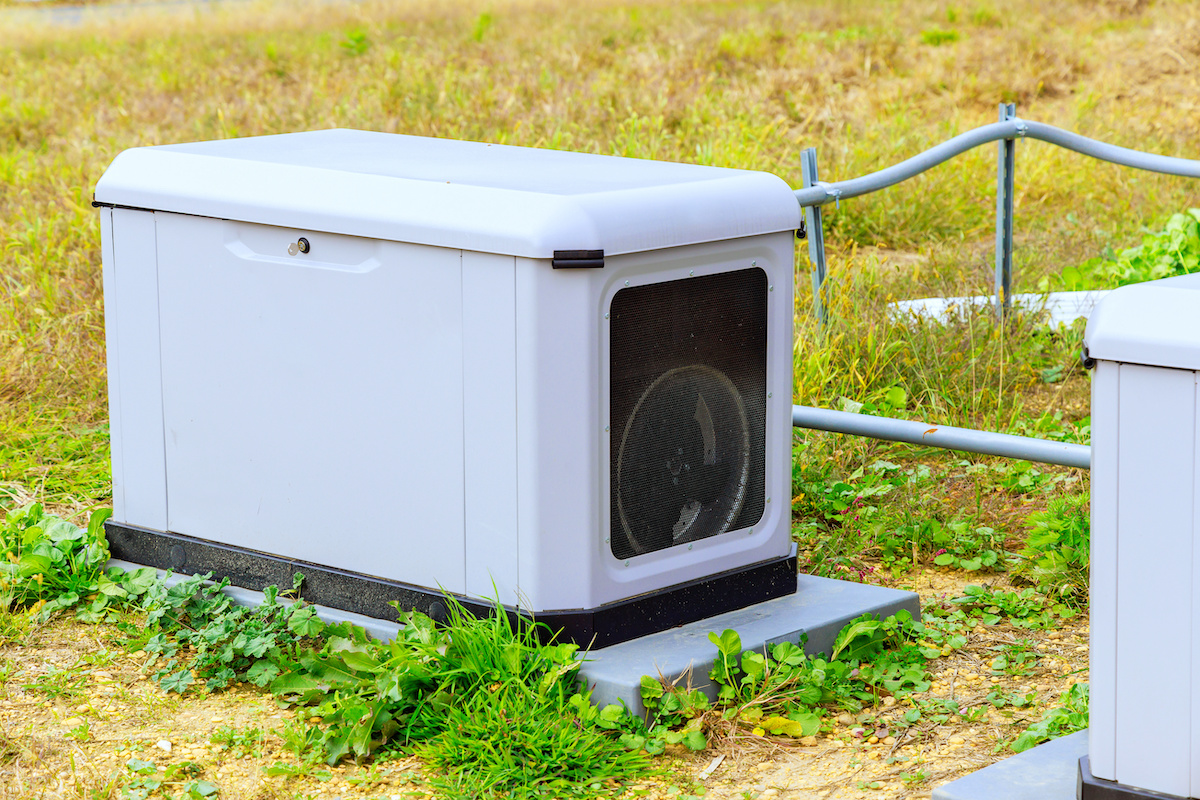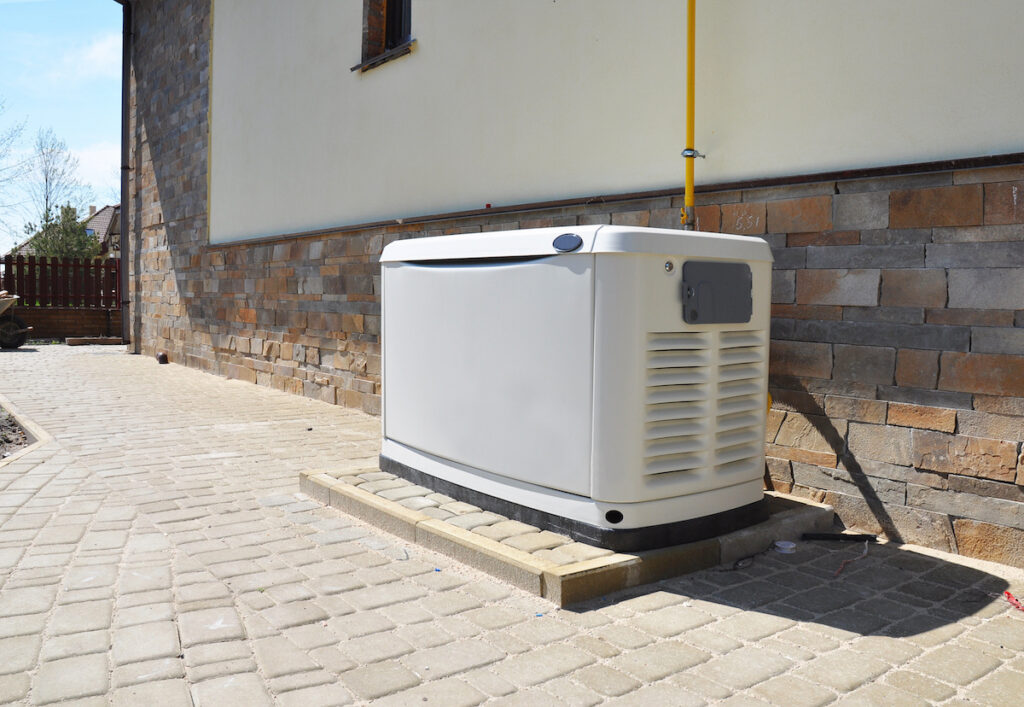
24 Jun Myth: Does a Generator Increase Your Electric Bill?
A common myth about whole-home generators is that they automatically increase your electric bill, even when they’re not in use. It’s an understandable concern, since generators are powerful systems designed to take over your home’s entire electrical load in the event of a power outage. But the truth behind how and when a generator consumes energy can help clarify what, if any, impact it has on your monthly utility costs.
Generators Don’t Run on Electricity
The first thing to understand is that standby generators don’t use electricity from the grid. They generate power independently using natural gas or propane. When utility power is available, your home runs as usual on that power. The generator stays on standby and doesn’t contribute to your electric bill during this time.
When the power goes out, the generator automatically starts, usually within seconds. It begins supplying electricity directly to your home without drawing anything from your utility provider. During these periods of generator use, your electric meter stops running because you’re no longer using grid power. You’re using power generated by the system itself.
The Role of Weekly Self-Tests
Most modern standby generators run a brief automatic test each week. This self-diagnostic run typically lasts about 5 to 15 minutes and ensures the system is ready to activate when needed. These test cycles do burn a small amount of fuel, but again, they don’t involve any electricity from the utility. The only cost to you during these weekly tests is minimal natural gas or propane usage, not an increase in your electric bill.
What About Monitoring Equipment?
Some customers are concerned that accessories like transfer switches or generator monitoring panels might draw power continuously. While it’s true that some monitoring systems require a small amount of electricity to stay active, the amount is extremely minor, comparable to a Wi-Fi router or digital clock. This draw is so negligible that it won’t make a measurable impact on your monthly bill.

Maintenance and Operational Costs vs. Utility Bills
It’s important to separate fuel and maintenance expenses from your utility bill. If your generator runs during an extended power outage, you’ll use more natural gas or propane. These costs show up on your fuel delivery invoice or utility gas bill, not your electric bill. Additionally, like any major appliance, generators require periodic maintenance, such as oil changes and filter replacements. These are necessary upkeep costs, not utility expenses.
Long-Term Value and Potential Savings
In reality, a generator can prevent unexpected costs far more significant than a slight change to your electric bill. When the power goes out in Texas, especially during the summer or major storms, you risk spoiled groceries, frozen pipes, hotel stays, and even health-related consequences. A standby generator allows you to stay safely in your home with continued heating, cooling, refrigeration, and security system access.
Some homeowners also experience indirect savings over time. For example, your HVAC system stays stable without the wear and tear caused by abrupt shutdowns and power surges. Additionally, smart energy management during outages, such as prioritizing essential loads, can help reduce strain on your generator and gas consumption.
Don’t Let Myths Keep You in the Dark
Installing a whole-home standby generator is about more than convenience. It’s about protecting your family, home, and lifestyle when the unexpected happens. And despite what the myths say, it won’t spike your electric bill. If you’re considering a generator installation in the Houston or Dallas area, Brotherlylove Electric is ready to help. We’re licensed, insured, and experienced in installing reliable standby generator systems that keep your home powered and your electric bill unaffected when the grid goes down.

